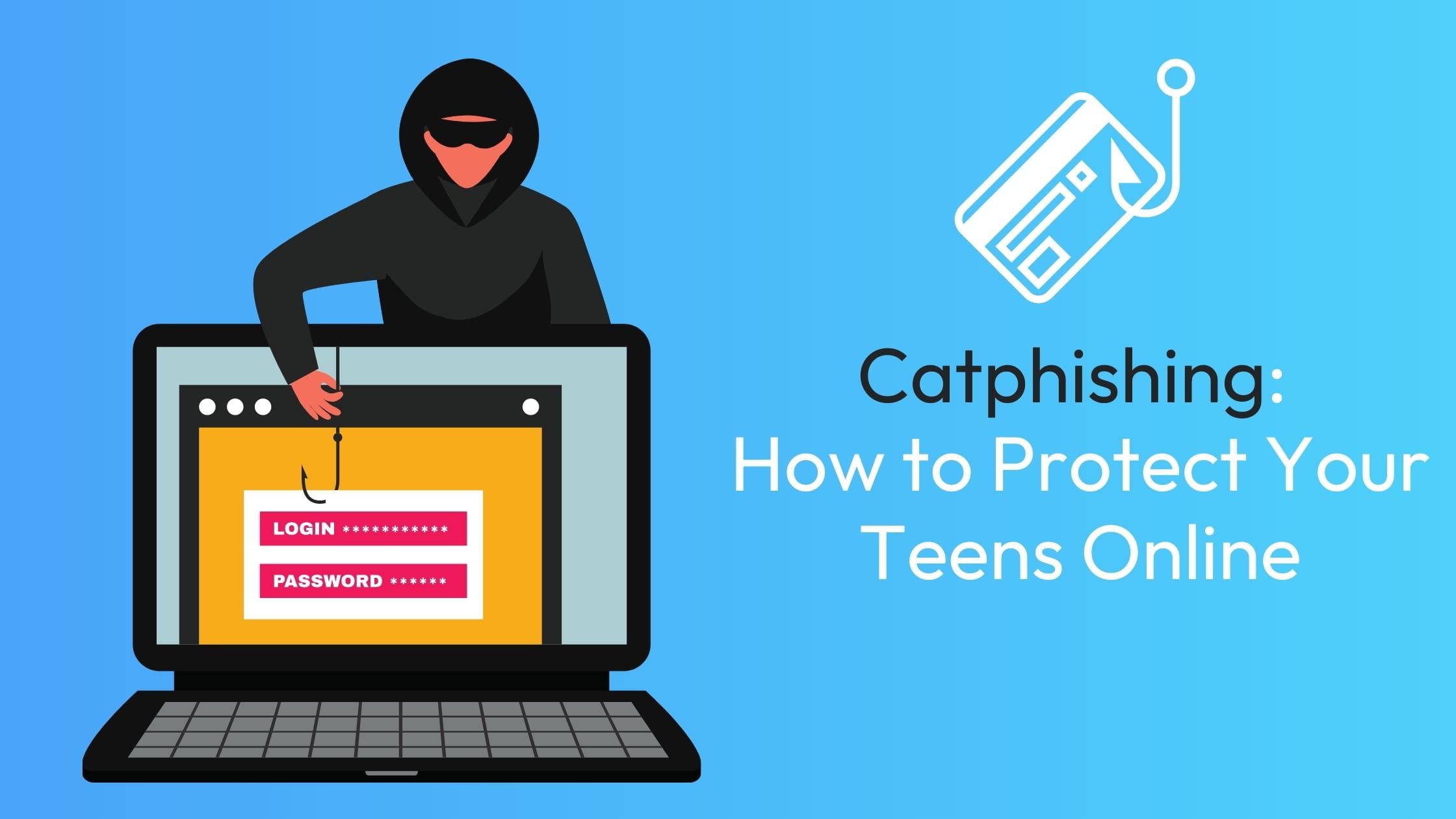What is catfishing and how do I keep my kids from becoming victims?
A catfish, nowadays, is more than just an ugly freshwater-dweller who fries up well for Friday supper. In the Twenty-first Century, the term catfish refers someone who creates an online persona that is fake, usually with the intent to deceive. While not everyone who acts as a catfish sets out to cause harm, if you suspect that your child, or anyone else that you care about, is being catfished, you should not simply let it go. So let’s talk more about catfishing.
There is an entire show on MTV these days, called Catfish, dedicated to helping people catch predators online and expose the scams they are committing. The show debuted in 2012, and some of the episodes are truly hard to watch because of the damage the predatory catfish impose on unassuming victims.

What is catfishing?
Catfishing is the deceptive practice of trying to lure someone into a relationship online using a fake identity. A catfish uses fake photos and a fake life story to lure their victims. Some people act as catfish because they are lonely while others have more malicious intent. Some catfish, or scammers, want to get money or illicit photos from their victims, while others (in extreme cases) hope to physically abduct and harm the people they target.
Where do predatory catfish find their victims?
Scammers find their victims online in a number of ways. Online dating sites, for example, are one of the biggest spots predators search for victims in because people who are on these sites are actively looking for relationships, which already gives predators a leg up. But just because you aren’t on online dating websites or apps doesn’t mean you can’t or won’t be the victim of catfishing. Anywhere people meet online, whether that’s in a Facebook group or a video game or anywhere else, predators can find victims.
How do I know if I’m being catfished?
It can be hard to know when you, or your child, are being catfished. Some predators are simply that good. But there are a few red flags to look out for that could indicate the person you are talking to is too good to be true. Sign up for Kidas to receive alerts if you are being targeted.
Seven signs that might mean you are being catfished
- The person’s story seems too good to be true. If a person seems too good to be true then they probably are.
- They are vague about the details of their life, or their story or timeline doesn’t quite add up.
- They ask you for money. Even a small amount. Even just once. You should never send money, or give out passwords or banking information, to someone you don’t know.
- They are from a foreign country. A predator can use this as an excuse as to why they can’t come and visit you in person and can use it to keep stringing you along.
- They don’t want to video chat with you or meet up in real life, despite wanting to be in a relationship with you.
- Their profile photos are only professional. Real people have candid photos somewhere on their profile. If a profile is only professional photos, they could be stock photos or simply taken from the internet.
I think I’ve been catfished. Now what?
If you think the person you’ve been dating was simply catfishing you, your best course of action is to block them on every site you have contact with them on. Block their number from your cell phone. Cease all contact. It might be hard, but remind yourself that that person was not honest with you and doesn’t deserve your time. Know that you are not alone in feeling hurt or taken advantage of.
If you gave the scammer money, you may want to file a police report depending on how large the amount. Turning over all the information you have on a scam artist may prevent someone else from falling victim to their tactics. While it is likely that they will simply change their username and start again, it may give you peace of mind and closure to report them to the non-emergency police number.
How to talk to your kids about online scammers
Because our kids are growing up in a digital world, it is important to keep them safe online. Today’s kids risk exploitation in a way that kids from the 70s and 80s can never relate to. Be sure to regularly talk to your kids about the people they interact with online. Make sure your kids understand to never give out passwords or money online. Make sure that they understand that in the virtual world anybody can be anything, and never to give out their phone number or personal information without your permission. Remind them that friends they know solely online aren’t really friends, and they should be regarded with skepticism. It is completely possible to have great experiences online, as long as you are aware of the bad that can happen. Because as scary as the internet can be, it can also be awesome.